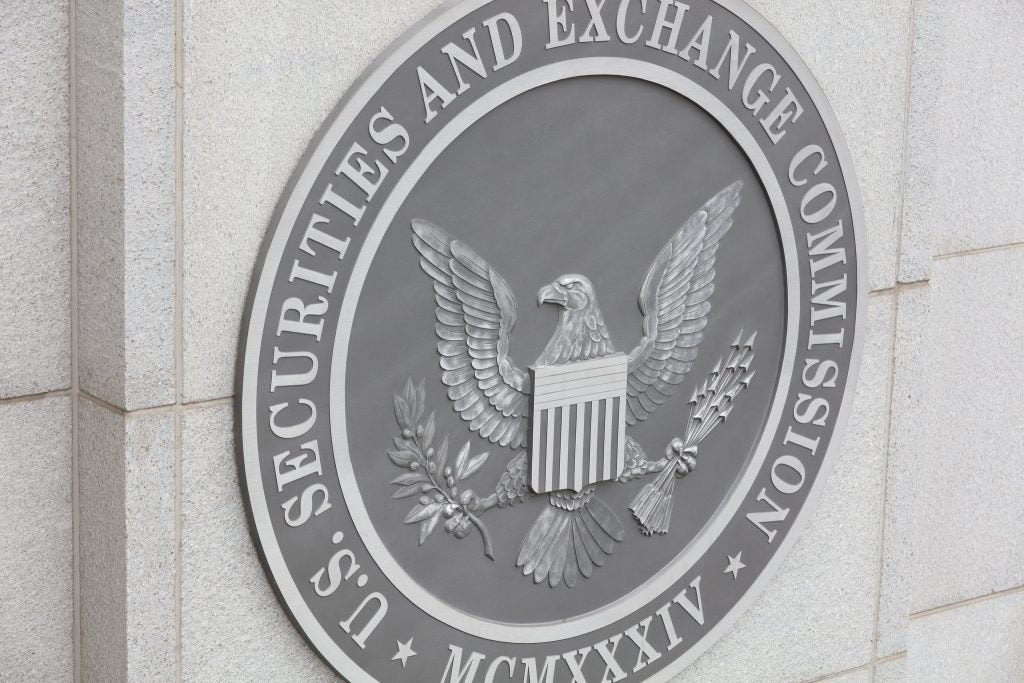
Source: pxhere
(This post was co-authored by Alex Song at the Institute for Policy Integrity at at NYU School of Law. You can also read it here.)
Should retirement plan managers be able to consider climate change and other financially relevant environmental, social, and governance (ESG) factors in their decisions? A recent analysis of public comments found overwhelming support for a proposed rule from the Department of Labor (DOL) affirming their ability to consider these factors.
ESG factors, including climate change, can affect risk and return for all types of investments, not just ESG-labeled funds. For example, a company may have crucial assets that are particularly vulnerable to physical risks from climate-amplified extreme weather or may face transition risks from climate-driven policy or technology changes.
The Trump administration, however, limited retirement plan managers’ ability to consider ESG factors when selecting plan offerings and making other decisions. The DOL proposal would remove these irrational constraints, which would enable plan managers to better protect Americans’ savings.
DOL administers the Employee Retirement Income Security Act (ERISA), which sets forth fiduciary duties of prudence and loyalty for employers who sponsor retirement plans and anyone they contract with to help manage or advise those plans (collectively, “retirement plan managers”). Prudence requires that retirement plan managers carry out their duties with care, skill, and diligence. Loyalty requires that they act solely to benefit participants (the people invested in the plan). DOL’s proposal does not change or conflict with these core fiduciary duties, as some have misleadingly argued. Rather, it ensures that fiduciaries can fulfill their duties effectively in the context of the pervasive financial impacts of climate change. DOL’s proposal explains why retirement plan managers may often need to consider climate risk and other ESG factors and affirms their ability and responsibility to do so.
Environmental Defense Fund, the Institute for Policy Integrity at NYU School of Law, and the Initiative on Climate Risk and Resilience Law jointly submitted comments supporting the proposal, as did the overwhelming majority of the more than 100 other institutions and 20,000 individuals who commented.
Here’s why DOL’s proposal is so important:
- Climate change is a risk-return factor for retirement investments.
Climate change is already affecting companies’ bottom lines, and its effects on business operations are projected to accelerate over the next several decades. The National Oceanic and Atmospheric Administration reports that in 2021 alone there were 20 separate billion-dollar weather and climate change disasters in the U.S., causing $145 billion in damages. A wide range of industries will experience large climate-related losses. For example, climate change is expected to decrease labor productivity and agricultural yields, especially in the Southwest, and the real estate brokerage site Redfin estimates that climate-intensified wildfires could wipe out up to $2 trillion in property values in California alone.
These effects are relevant to financial risk-return analyses, especially for retirement investing. Because many retirement funds invest in a diversified portfolio representative of much of the economy, the overall impact of climate change on the economy is relevant to the interests of plan participants, especially in light of the long time horizons inherent in retirement investing. A systematic review of the economic literature on sustainable investing and climate finance found an “encouraging relationship between ESG and financial performance,” observing that ESG funds often outperform regular funds over longer time horizons and provide downside protection during social or economic crises.
- The Trump administration’s rules impede retirement plan managers’ consideration of climate risk.
In 2020, under the Trump administration, DOL issued new rules that targeted ESG investment strategies and departed from established ERISA practices. These rules amended longstanding regulations under Section 404(a) of ERISA, and imposed new procedural and documentation requirements that have, in practice, limited the ability of retirement plan managers to consider climate-related risks and other ESG factors in their decisions. As we noted in our July 2020 comment letter to DOL, such interference with fiduciaries’ prudent decision-making processes ultimately harms plan participants whose savings are at stake. In 2021, the Biden administration’s DOL announced that it would not enforce the Trump administration rules, but plan managers still need the clarity and certainty of a new rule.
- DOL’s proposal affirms that retirement plan managers should consider all factors relevant to investment risk and return, including climate impacts.
If finalized, the proposal would eliminate the Trump administration’s harmful limitations on fiduciaries’ ability to consider climate impacts when making investment decisions. The proposal affirms that fiduciaries should treat climate and other ESG factors like any other risk-return factor where relevant. Fiduciaries still “may not subordinate the interests of the participants and beneficiaries in their retirement income or financial benefits under the plan to other objectives.” In other words, fiduciaries should consider the financial impacts of climate and other ESG factors, but not their personal policy preferences. Retirement plan managers still have to work in the best interests of their clients, and current and future retirees can rest assured that their financial security is the sole objective.
- DOL’s proposal applies the same rational principles to default investments as to investment options generally.
The proposal also reverses a Trump-era bar on designating funds that consider climate or other ESG factors as default investments for plan participants who don’t otherwise specify how to allocate their contributions. Approximately 80% of new ERISA plan contributions are invested in such default funds, known as Qualified Default Investment Alternatives (QDIAs), which only underscores the importance of allowing fiduciaries to consider all relevant risk-return factors when selecting them. By restoring fiduciaries’ discretion to consider climate and ESG factors in QDIA selection where relevant to the risk-return analysis, the proposal will ensure that participants are not unnecessarily deprived of access to financially prudent investment options.
- DOL’s proposal reminds retirement plan managers of the potential value of exercising shareholder rights.
Lastly, the proposal corrects distortions to fiduciary decision-making that were introduced by the Trump administration’s proxy voting rule, which included several provisions that discouraged fiduciaries from exercising shareholder rights. Specifically, that rule included a statement that fiduciary duty “does not require the voting of every proxy or the exercise of every shareholder right,” and a “safe harbor” provision for voting on issues “substantially related to the issuer’s business activities or . . . expected to have a material effect on the value of the investment.” This language created incentives for fiduciaries to err on the side of waiving their right to vote on shareholder proposals and board elections. In other words, retirement plans would be less likely to have a say in the management of the companies in which they invest, despite the fact that shareholder voting can be an important tool for managing risk. The proposal correctly recognizes the value of shareholder rights and removes the statements that would have discouraged fiduciaries from exercising these rights to the most beneficial extent.
In sum, DOL’s proposal would protect Americans’ retirement savings by:
- highlighting the financial relevance of climate change
- undoing harmful Trump administration rules
- affirming that fiduciaries should consider ESG factors like climate change when relevant to investment risk-return analysis
- applying the same rational principles to selection of default investments
- acknowledging the value of exercising shareholder rights
 (This piece was co-authored by Bridget Pals at NYU Law School’s Institute for Policy Integrity. It is also posted on the Institute for Policy Integrity’s website)
(This piece was co-authored by Bridget Pals at NYU Law School’s Institute for Policy Integrity. It is also posted on the Institute for Policy Integrity’s website)











